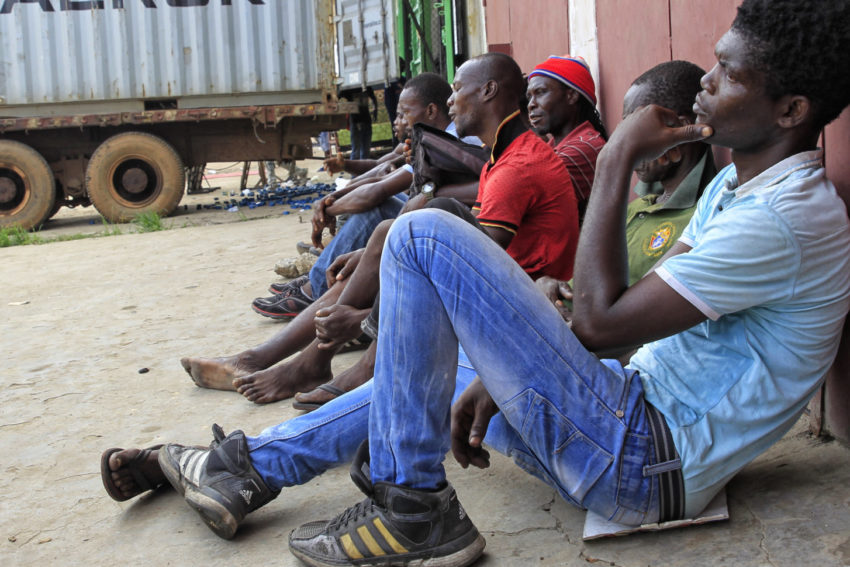adverts
Ghana’s unemployment rate declined to 13.6 per cent by the end of 2024, down from 14.6 per cent in 2023, according to the latest Annual Household Income and Expenditure Survey (Fourth Quarter Labour Statistics 2024) published by the Ghana Statistical Service (GSS).
The report signals modest progress in job creation and economic recovery, but it also exposes deep structural weaknesses—particularly among the youth and vulnerable groups.
Despite the overall improvement, 22.5 per cent of young Ghanaians aged 15–35 remain unemployed, a statistic the GSS describes as a worrying reflection of the challenges confronting first-time jobseekers and graduates. The high rate of youth unemployment underscores persistent barriers to entry in the labour market, despite broader gains in national employment.
adverts
The survey shows that total employment increased to 12.73 million in Q4 2024, a year-on-year gain of 1.15 million jobs. However, the number of unemployed persons also rose by about 200,000 compared to Q4 2023, suggesting that while opportunities expanded, the labour force grew at an even faster pace—outstripping the economy’s absorption capacity.
This dual trend highlights Ghana’s central labour market dilemma: the economy is creating jobs, but not quickly or sustainably enough to keep up with the influx of new entrants.
The data also highlights significant gender shifts in the workforce. Female employment outpaced male employment consistently throughout 2024, with the gap widening from about 632,000 in Q1 2022 to nearly 1.12 million in Q4 2024.
While this trend demonstrates improved labour participation among women, the GSS cautions that disparities persist in unemployment and underemployment, particularly in rural versus urban areas and between formal and informal job access.
Another major concern flagged by the GSS is the high number of NEET (youth not in employment, education, or training), which continues to cut across age groups. NEET is described as a major contributor to social exclusion and long-term labour underutilisation, undermining the country’s human capital potential.
Analysts say the survey results underscore a mixed but instructive outlook: while Ghana’s unemployment rate has eased slightly, the rising youth joblessness and NEET levels highlight the urgent need for targeted policies that expand not just job numbers but job quality, stability, and inclusiveness.
The report is expected to guide government interventions in employment creation, skills training, and economic empowerment as the country grapples with balancing growth and equity in its labour markets.
Click the link Puretvonline.com | WhatsApp Channel to join the WhatsApp channel
GOT A STORY?
Contact/WhatsApp: +233243201960 or manuelnkansah33@gmail.com


